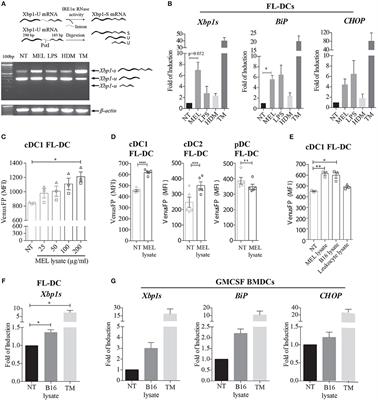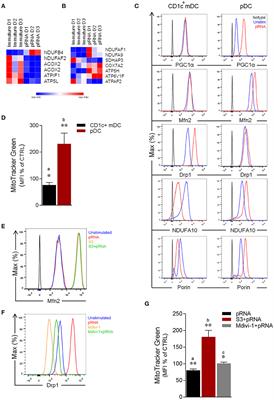EDITORIAL
Published on 27 Sep 2019
Editorial: Looking Beyond Pattern Recognition: Perturbations in Cellular Homeostasis and Metabolism as Emerging Regulators of Dendritic Cell Function
doi 10.3389/fimmu.2019.02335
- 1,289 views
- 1 citation
24k
Total downloads
87k
Total views and downloads
EDITORIAL
Published on 27 Sep 2019
REVIEW
Published on 04 Jun 2019

REVIEW
Published on 25 Apr 2019

ORIGINAL RESEARCH
Published on 12 Apr 2019

ORIGINAL RESEARCH
Published on 08 Apr 2019

REVIEW
Published on 29 Mar 2019

MINI REVIEW
Published on 13 Mar 2019

REVIEW
Published on 14 Jan 2019

ORIGINAL RESEARCH
Published on 04 Jan 2019

MINI REVIEW
Published on 27 Nov 2018

ORIGINAL RESEARCH
Published on 01 Nov 2018
